160: Sneak Peek – The Marketing Strategy You’re Not Using | Marketing Tip Monday
Understanding why people drink wine allows you to use their attitudes and behaviors to improve your marketing to keep your customers coming back.
Welcome to Marketing Tip Monday with SIP Certified. We know customers are looking for wines labeled as sustainable. While our longer-form episodes help you learn about the latest science and research for the wine industry, these twice-monthly micro podcasts will help you share your dedication to sustainable winegrowing so you can show your customers that you share their values.
Today we bring you a sneak peek into next week’s full-length episode to share the marketing strategy you’re not using.
Defining consumer purchasing behavior is exactly what Kathy Kelley, Professor of Horticultural Marketing and Retail Business Management at Penn State University loves to do. In her studies, she has found that sustainability is very important to customers however it can mean different things to different people. While 7 out of 10 adults in the United States consider purchasing food and beverage with a sustainability component a priority, one-fourth of these respondents could not articulate sustainability. This gives the industry a great opportunity to better communicate what sustainability means.
Communicating sustainability should be incorporated into a brand’s DNA from point A to point B through all marketing channels including face-to -face, social media, print, and website. Storytelling is a great way to convey your brand values because consumers are more likely to remember stories. By describing specific practices and why they are important, you set yourself apart from the competition and create an emotional connection with your consumers. Kathy’s research on sharing cover cropping practices found that customers were willing to pay one to four dollars more per bottle after learning about the specific sustainable practices.
The Seasons of Sustainability: Winter
Here are some great practices you can share with your consumers to tell that block-to-bottle story. Use these activities to create blog posts, social content, and tasting room talking points. It’s this type of content that captivates and educates.
Here are some sustainable practices SIP Certified brands do during the winter:
- Plant cover crops to prevent erosion, help rain penetrate, and provide natural fertilizer.
- Spread compost to release fertilizer and inoculate the soil with beneficial microorganisms.
- Prevent erosion with straw or hay bales.
- Compare water bills and look for increases or anomalies.
- Taste and top tanks and barrels, update post-fermentation analysis, and regularly monitor Free SO2 and Volatile Acidity levels.
- Schedule bottling and begin blending trials.
Tune in on December 15 to hear the whole interview and get more tips on how to determine your customer demographic and refine your marketing.
Check out the show notes for links to this article, research on consumer purchasing preferences, to download the seasons of sustainability PDF, and sign up for our biweekly Marketing Tips newsletter. Until next time, this is Sustainable Winegrowing with the Vineyard Team.
References:
- **SIP Smart Training online course
- Marketing Tips eNewsletter
- Cover crops make vineyards more sustainable; strategy can be marketing tool
- Kathy Kelley
- Identifying wine consumers interested in environmentally sustainable production practices
- Penn State Extension Wine Business Management and Marketing
- Seasons of Sustainability
- SIP Certified
- What Sustainability Means to Consumers by Morning Consult
- Wine consumers’ willingness to adopt environmentally friendly packaging practices at tasting rooms: An ECHAID analysis

